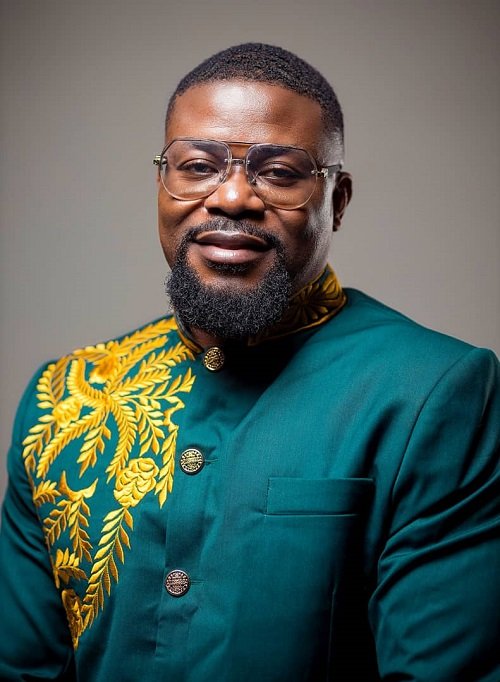Hot!
Niger: Six soldiers killed in new attack near Chad

Six Nigerien soldiers were killed and 14 wounded on Monday night in an attack by “fifty” suspected jihadists on the military post of Blabrine (south-east Niger), near the border with Chad, the Ministry of Defence announced.
The provisional balance sheet also shows “17 dead on the enemy side”, while “weapons and ammunition have been recovered by the armed forces combing the area”, the ministry said in a statement read on public radio on Tuesday evening.
It did not specify the identity of the attackers, who are often identified as jihadists from Boko Haram or the Islamic State in West Africa (ISWAP) group, which was formed in a split from the Nigerian Boko Haram group.
According to the ministry, the attack was carried out “on the night of Monday 4 to Tuesday 5 July” at “around 1am” but “the reaction (of the soldiers) made it possible to repel the attack and to rout the enemy”.
This is the second attack in three days in south-eastern Niger, after the one on Sunday in which a soldier died in an assault by “Boko Haram elements” in Garin Dogo, near Nigeria.
Blabrine is located in the department of N’Guigmi (Diffa region) and borders Chad. Its military base has been targeted several times since 2015 by “terrorist” attacks.
In May 2020, 12 Nigerien soldiers were killed and ten injured in an attack attributed to Boko Haram, according to an official report.
At the end of October 2019, 12 Nigerien soldiers had already been killed and eight injured in an attack on the same base.
On a visit to the Diffa region at the end of June, Nigerien President Mohamed Bazoum hailed “good results” and assured that the “war” against the Boko Haram jihadists and ISWAP was being “won”.
The Diffa region, bordering Nigeria and Chad, is home to 300,000 Nigerian refugees and internally displaced people, driven out by the abuses of Boko Haram and ISWAP, according to the UN.
Niger also faces the actions of Sahelian jihadist groups, including the Islamic State in the Great Sahara (EIGS), in its western part, where regular and bloody attacks target civilians and the military. -AFP
Hot!
Education Minister outlines plan for free schooling for learners with special needs

Education Minister Haruna Iddrissu has announced that government is working to make education free for all learners with special needs, with funding expected to come from GETFund.
He shared the plan during a press briefing with the media.
According to him, an initial estimate shows that the policy will require between 65 million and 100 million cedis every year.
He noted that GETFund currently has a budget of 9 million cedis, and with proper adjustments, it should be possible for the fund to release about 100 million cedis every other year to support the policy.
Mr Iddrissu added that government is also committed to providing free tertiary education for all persons with disabilities.
He explained that the support will go beyond classroom learning and will include feeding and the provision of assistive learning devices for learners with special needs.
By: Jacob Aggrey
Entertainment
Prophet Joseph Atarah releases new video

Ghana’s singing Prophet, Joseph Atarah, has released a video for his new song dubbed ‘Increase’. The video was directed and shot by renowned director, Sky Web.
The motivational video exhibits captivating dance moves, set against the vibrant and beautiful city of Accra. Prophet Atarah co-wrote the song with Nana Boateng.
Touching on the message during an interview on Hitz FM’s Daybreak Hitz, he said, ‘Increase’ is a motivational song telling people not to give up in their present situation. According to him, with determination and a relentless desire to succeed, God will make everything beautiful.
“As you trust in God’s plan, remember that ‘INCREASE’ is on the way. Just as seeds grow into harvest, your faith is growing into abundance. God’s got you, and His increase is surrounding you,” he added.
Prophet Atarah resigned from the military band in 2006 after an encounter with God to start his prophetic ministry and commenced his music journey about four years ago.
By Edem Mensah-Tsotorme
Join our WhatsApp Channel now!
https://whatsapp.com/channel/0029VbBElzjInlqHhl1aTU27






